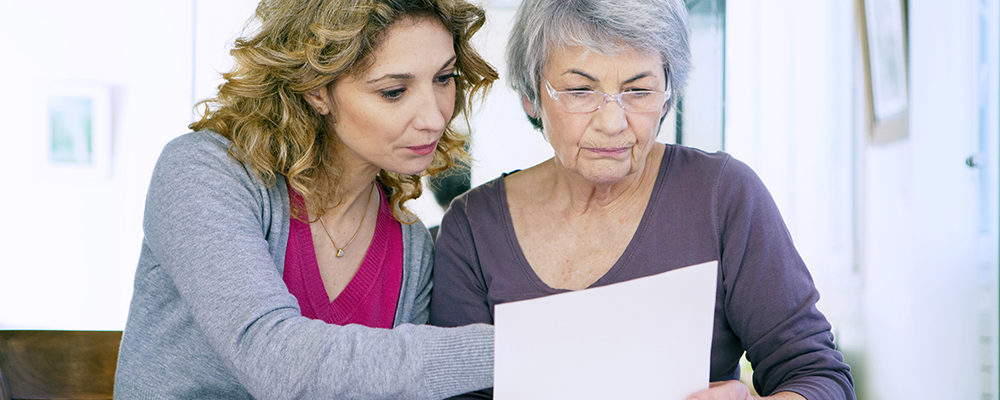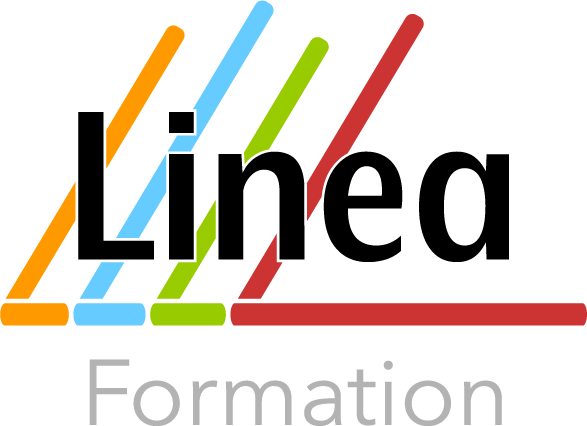
Description
Take part in our personal care and support assistant training course in Geneva, just 1 hour from Lausanne, and obtain your care assistant diploma. Our course is specially designed for those who aspire to make a positive contribution to the lives of people who are elderly, ill or in need of special support, by providing them with basic care in a variety of settings such as nursing homes, hospitals or at home.
As a care assistant, you will apply professional techniques for the well-being of patients, under the careful supervision of nursing staff. Our programme places a strong emphasis on the practice and theory of hygiene, comfort care and psychosocial support, without interfering in medical diagnosis or treatment.
Our nursing auxiliary training in Geneva is packed with practical and theoretical modules, enabling you to acquire the skills you need to care for patients empathically and effectively. Practical placements, which are an integral part of our training programme, give you the opportunity to apply your knowledge and prepare you to enter the professional world with valuable experience.
Becoming a care assistant (also known as a "nursing auxiliary") asks to face the challenges of the healthcare sector with professionalism and humanity. If you are motivated by a desire to help others and are considering a career in personal care, our programme could be the ideal springboard for you.
What are the aims of personal care assistant training?
- Acquiring or improving the knowledge and/or professional skills of paramedical staff with the aim of improving the quality and safety of care.
- Carry out basic patient care under delegation from nursing staff
- Providing a presence and support for patients losing their independence and becoming dependent on others
- Understanding and knowing the characteristics of the elderly person
- Adopting a professional approach and posture for working in the medico-social field
On completion of our training as a care and support assistant to become a care assistant in Geneva (near Lausanne), trainees obtain their nursing auxiliary diploma, giving them the professional skills needed to work with the elderly as a nursing auxiliary.
Contents:
A. Partie Théorique (120 heures)
- Rôle de l’auxiliaire de soins
- Connaissance sur le vieillissement normal et pathologique de la personne âgée
- Accompagnement et soins de la personne âgée
- Accompagnement dans les actes essentiels du quotidien
- Participation in the implementation of the individualised project
- Communication et savoir-être professionnel
- Etc…
B. Travail pratique en groupe chez Ortra santé social sur 2 jours (16 heures)
C. Mémoire et exposé (26 heures)
D. Stage pratique professionnel dans une structure de soins (160 heures)
The nursing auxiliary diploma (aide soignante / auxiliaire en soins) in Geneva near Lausanne is issued if :
- All the work has been completed, in particular the memory work carried out and presented.
- All modules were completed with at least 80% of attendance
- The final exam has been completed and the overall average must be equal to or higher than 4 out of 6.
TYPE OF TRAINING
Medical - Health - Social
LOCATION
Geneva: Rue de Lausanne 82
1202 Geneva
SCHOOLING
Tuition: 2650 Frs (1000 Frs on registration, 800 Frs before the exam and 850 Frs on graduation)
Fees are all-inclusive until graduation
DURATION & TIMETABLE
Session de formation en semaine (les mardis, mercredis, jeudis et vendredis de 9h à 16h15) :
- du 03.03.26 au 31.03.26 (Genève)
- du 05.05.26 au 02.06.26 (Genève)
- du 08.09.26 au 09.10.26 (Genève)
Duration: 162 hours of theoretical instruction + 160 hours of practical experience in a care facility
Breakdown of theoretical hours : 136’heures en présentiel + 26'hours of dissertation work
TARGET AUDIENCE
Anyone without a specific professional qualification wishing to work in the paramedical field in Switzerland
Anyone wishing to strengthen, supplement or acquire new skills in the field of care
Our graduates work in :
Medical and social establishments
Hospitals
Private clinics
Home care services
Details
ADMISSION CRITERIA
An interest in the paramedical field
Level of French B1
SCHOOLING
Tuition: 2650 Frs (1000 Frs on registration, 800 Frs before the exam and 850 Frs on graduation)
Fees are all-inclusive until graduation
TITLE
Le diplôme atteste que la personne a participé aux modules théoriques comprenant un total de 162'heures, et, a terminé et réussi avec succès un stage pratique en milieu professionnel de 160 heures
WORKFORCE
The maximum number of students depends on class capacity
SALARY
The trainee does not receive a salary
